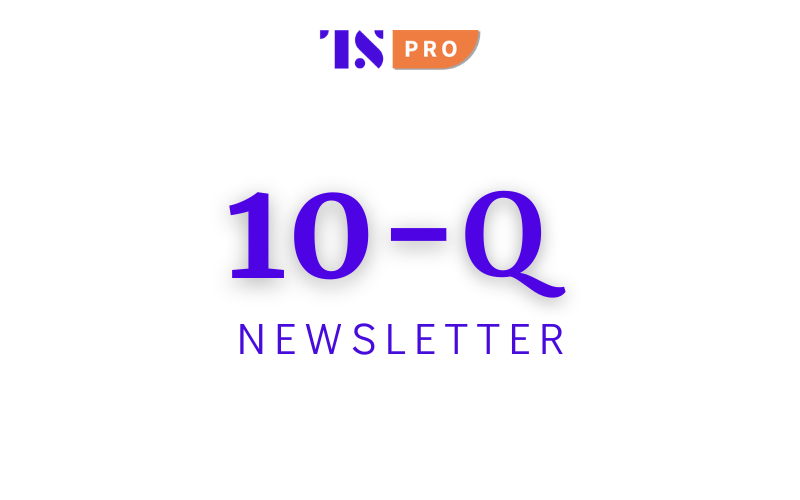With the CFPB muzzled, what’s stopping FIs and fintechs from playing dirty?
- Fintechs — and now banks — are moving more deeply into stablecoins, but their playbooks differ based on their respective strengths and constraints.
- Stablecoins bring with them both immediate and far-off opportunities and risks, and how the financial industry navigates these will determine their long-term impact.

The calm before the storm: the financial industry with and without the CFPB
The Consumer Financial Protection Bureau (CFPB), established in 2010 under the Dodd-Frank Act, has tried to be a sentinel for American consumers, shielding them from predatory financial practices. But ever since Trump set foot back into the Oval Office, the CFPB has barely had a moment to catch its breath.
That’s exactly what we’re diving into today — how the CFPB’s shake-up is raising big questions about its future and rewriting the rules for banks, fintechs, and the industry at large.
A timeline of the crackdown
The CFPB’s inception was a direct response to the 2008 financial crisis, aiming to prevent a recurrence by enforcing stringent regulations on financial entities. Over the years, it secured $20 billion+ in financial relief for consumers, targeting unfair practices by banks, mortgage providers, and credit card companies.
What began as a strong year for the bureau quickly took a turn as the Trump administration’s deregulatory agenda started reshaping its path. On February 1, 2025, President Trump dismissed CFPB Director Rohit Chopra. Following his dismissal, President Trump appointed Treasury Secretary Scott Bessent as the acting director on February 3, 2025. Subsequently, Russell Vought, former budget chief under President Trump, assumed the role of acting director at the CFPB on February 7 after his confirmation as head of the Office of Management and Budget.
From there, the new administration took decisive steps to curtail the CFPB’s operations.
Russell Vought — the newly appointed acting director and a key architect of Project 2025, a blueprint advocating for the agency’s dissolution — issued directives to halt ongoing investigations and suspend the implementation of finalized rules. This move effectively paused the agency’s enforcement actions, leaving numerous cases in limbo.
The CFPB withdrew several high-profile lawsuits, including those against major financial institutions like J.P. Morgan Chase, Bank of America, and Wells Fargo. These cases, which addressed issues such as the handling of the payments platform Zelle, were dismissed without digging deeper, preventing future refiling.
The administration’s actions align with a broader agenda to reduce government oversight and promote industry self-regulation.
Pop the champagne or call the lawyers? The industry’s split reaction

The financial industry’s relationship with the CFPB has been contentious. Some firms viewed the bureau as overreaching, often chafing under its str



